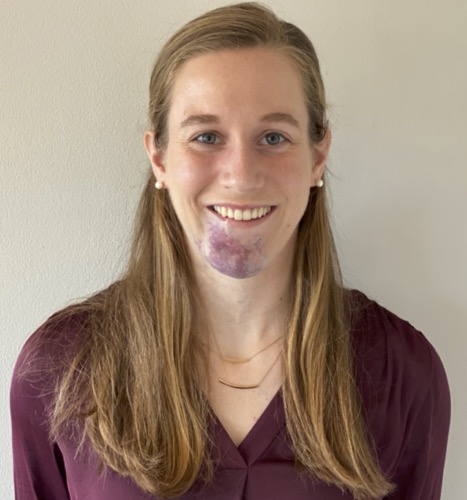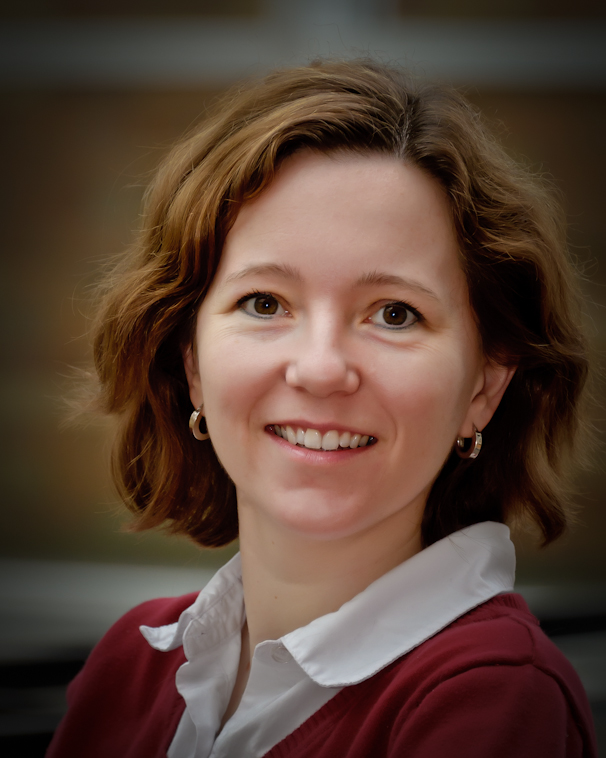DeepEverest
A System for Efficient DNN Interpretation
About DeepEverest
DNN interpretation is important for researchers and data scientists. While many approaches are being developed, they often do not scale with the size of datasets and models. The problem that we address in this paper is the efficient execution of a common class of DNN interpretation queries.
DeepEverest focuses on accelerating interpretation by example queries that return inputs (e.g., images) in a dataset that have certain neuron activation patterns, e.g., "given a group of neurons, find the top-k inputs that produce the highest activation values for this group of neurons", and "for any input and any group of neurons, use the activations of the neurons to identify the nearest neighbors based on the proximity in the space learned by the neurons". These queries help with understanding the functionality of neurons and neuron groups by tying that functionality to the input examples in a dataset.
DeepEverest is a system for the efficient execution of interpretation by example queries. DeepEverest consists of an efficient indexing technique and a query execution algorithm with various optimizations. Experiments with our prototype implementation show that DeepEverest, using less than 20% of the storage of full materialization, significantly accelerates individual queries by up to 63x and consistently outperforms other methods on multi-query workloads that simulate DNN interpretation processes.
Related Publications
DeepEverest: Accelerating Declarative Top-K Queries for Deep Neural Network Interpretation. Dong He, Maureen Daum, Walter Cai, Magdalena Balazinska. PVLDB, 15(1): 98 - 111, 2021. doi:10.14778/3485450.3485460 Paper DOI Extended Technical Report Code Talk Preprint
@article{DBLP:journals/pvldb/HeDCB21,
author = {Dong He and Maureen Daum and Walter Cai and Magdalena Balazinska},
title = {DeepEverest: Accelerating Declarative Top-K Queries for Deep Neural Network Interpretation},
journal = {Proc. {VLDB} Endow.},
volume = {15},
number = {1},
pages = {98--111},
year = {2021}
}
People
Questions?
Please contact Dong He.
Acknowledgments
This work was supported in part by NSF grants OAC-1739419 and OAC-1934292.



